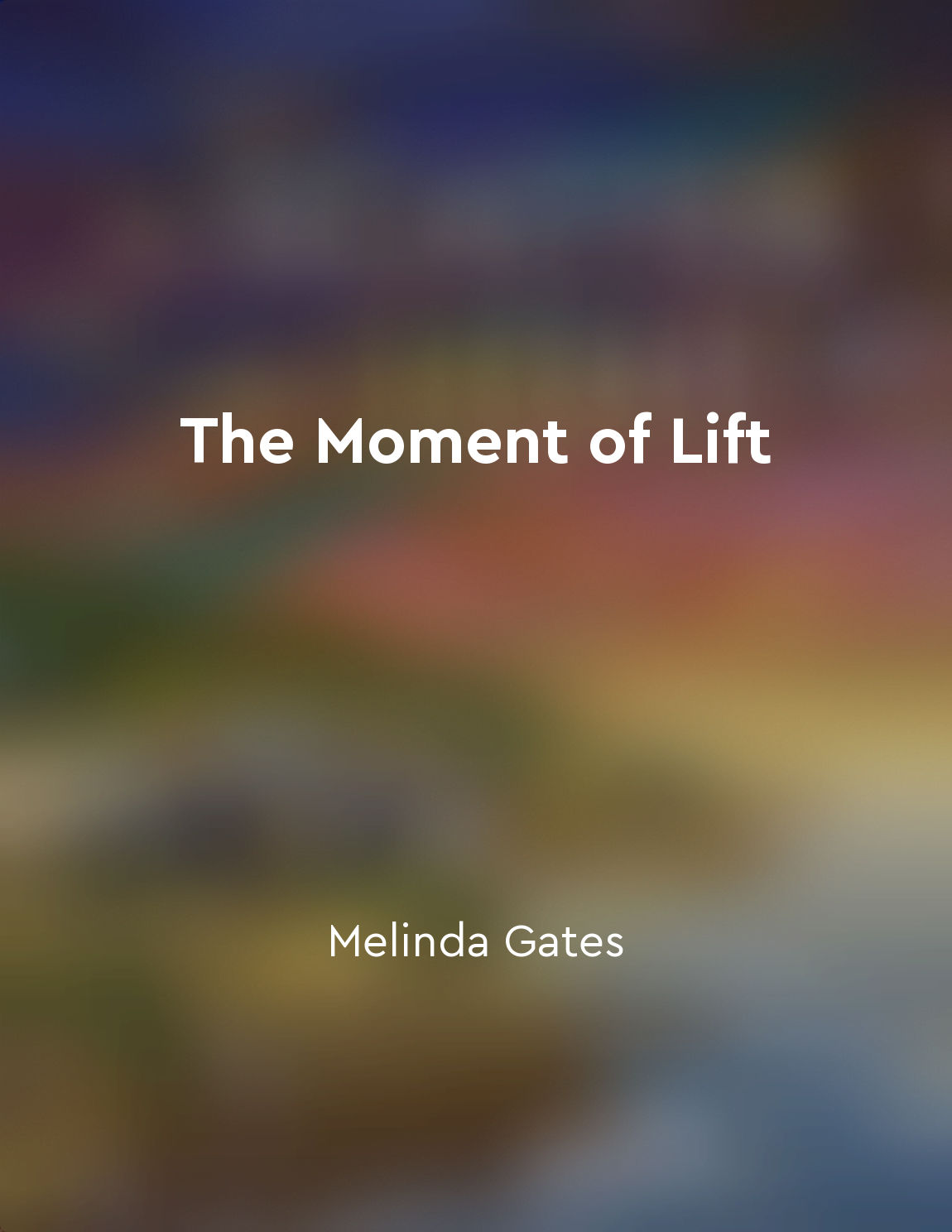The lives of the poor are characterized by uncertainty from "summary" of Poor Economics by Abhijit Banerjee,Esther Duflo
The poor live in a state of perpetual uncertainty. They face a multitude of risks every day, from health problems to job insecurity to natural disasters. These uncertainties make it difficult for them to plan for the future or invest in long-term goals. For the poor, the immediate needs of survival often take precedence over everything else. Income can be sporadic and unpredictable for the poor, making it challenging for them to budget or save for emergencies. Many poor families rely on irregular sources of income, such as day labor or seasonal work, which can disappear at any moment. This lack of financial stability perpetuates a cycle of poverty, as the poor struggle to break free from the uncertainties that plague their lives. Health is another significant source of uncertainty for the poor. Without access to quality healthcare, they are at risk of falling ill and incurring high medical expenses. A sudden illness can push a family further into poverty, as they struggle to pay for treatment and medication. The fear of falling sick without the means to afford healthcare looms over the poor, adding to their already precarious existence. In addition to financial and health uncertainties, the poor also face environmental risks that are beyond their control. Natural disasters, such as floods or droughts, can devastate entire communities, leaving the poor to pick up the pieces and start rebuilding their lives from scratch. These unpredictable events further compound the uncertainties that the poor already face on a daily basis. The lives of the poor are characterized by a constant struggle to navigate through a sea of uncertainties. Despite their resilience and resourcefulness, the poor are often at the mercy of forces beyond their control. Breaking free from this cycle of uncertainty requires targeted interventions and support systems that address the root causes of poverty and provide the poor with the tools they need to build a more secure future.Similar Posts
Importance of infrastructure in economic growth
Infrastructure plays a crucial role in the economic growth of a country. It is the basic physical and organizational structures...

Education empowers individuals to shape the future
Education is not just about acquiring knowledge or skills. It is about empowerment. It is about giving individuals the tools th...
Economic sociology explores interactions between economy and society
Economic sociology delves into the intricate web of relationships that exist between the economy and society. It seeks to under...

Embrace empathy and compassion
Empathy and compassion are not just nice-to-have qualities; they are essential for creating meaningful change in the world. Whe...
Discrimination can manifest in housing markets
Discrimination can take many forms in housing markets. One way it can manifest is through the practice of redlining, where cert...
Embracing diversity for collective progress
The key to progress lies in embracing diversity. The world is a mosaic of different cultures, beliefs, and ideas. Each one brin...
Focus on financial education and selfimprovement
Financial education and self-improvement are essential components in the journey to prosperity. By focusing on financial educat...
Economic facts and fallacies in public discourse
Economic facts and fallacies in public discourse are often misunderstood or misinterpreted, leading to flawed policies and deci...

Gender bias in data perpetuates violence against women
Gender bias in data is not just a harmless oversight; it has real and dangerous consequences for women. When data fails to acco...
Building a greener future
The vision of a greener future is not simply a distant dream, but a tangible reality within our grasp. It requires a collective...

